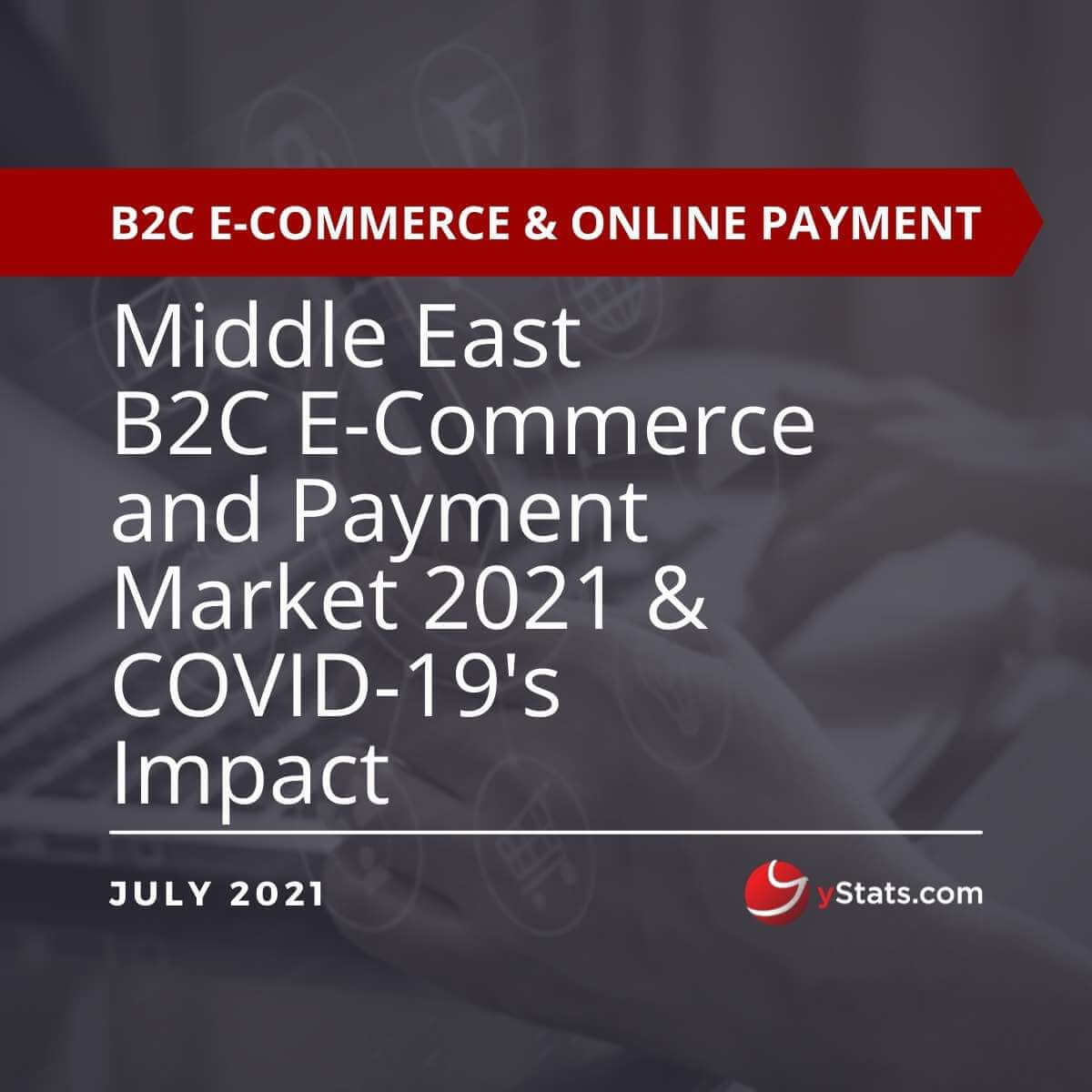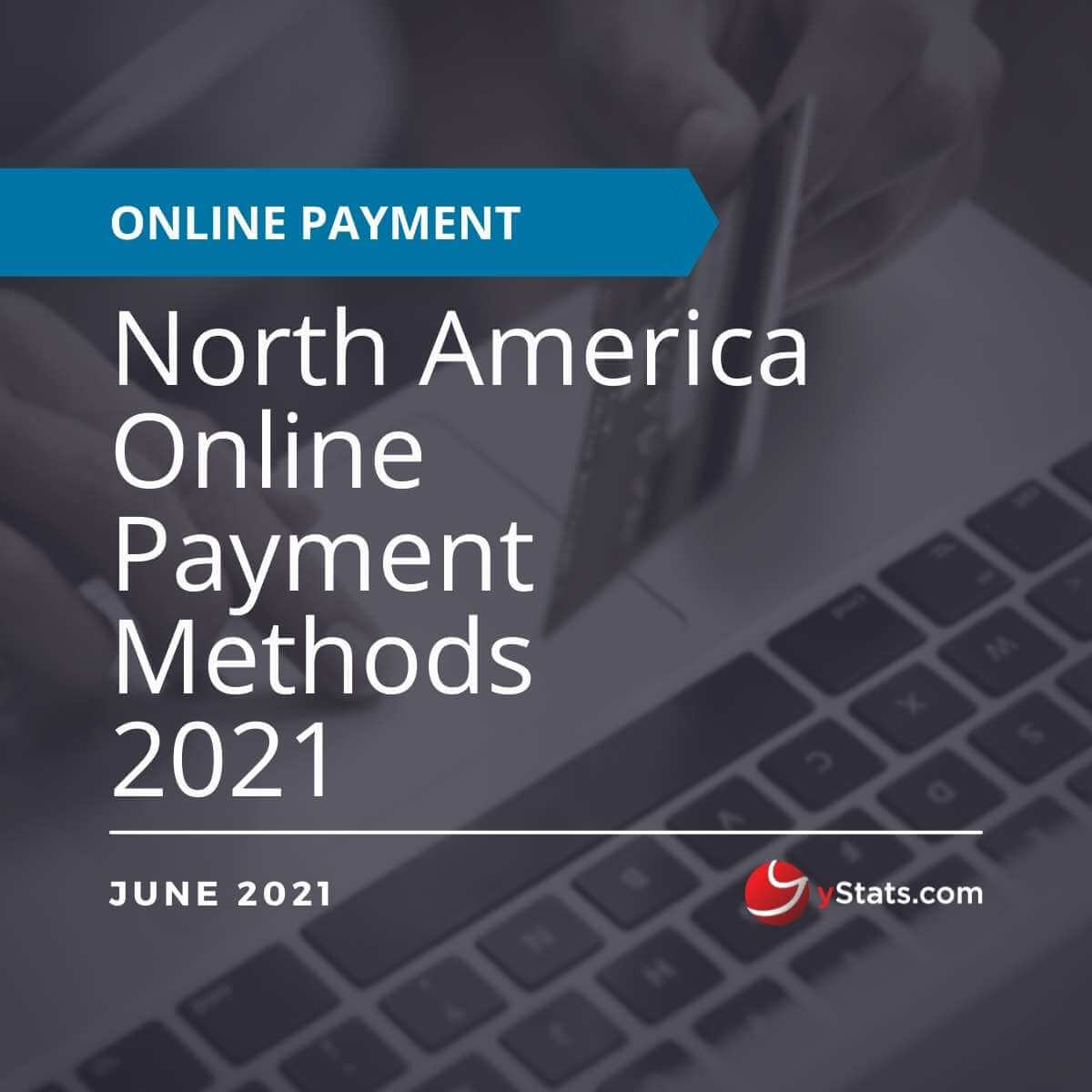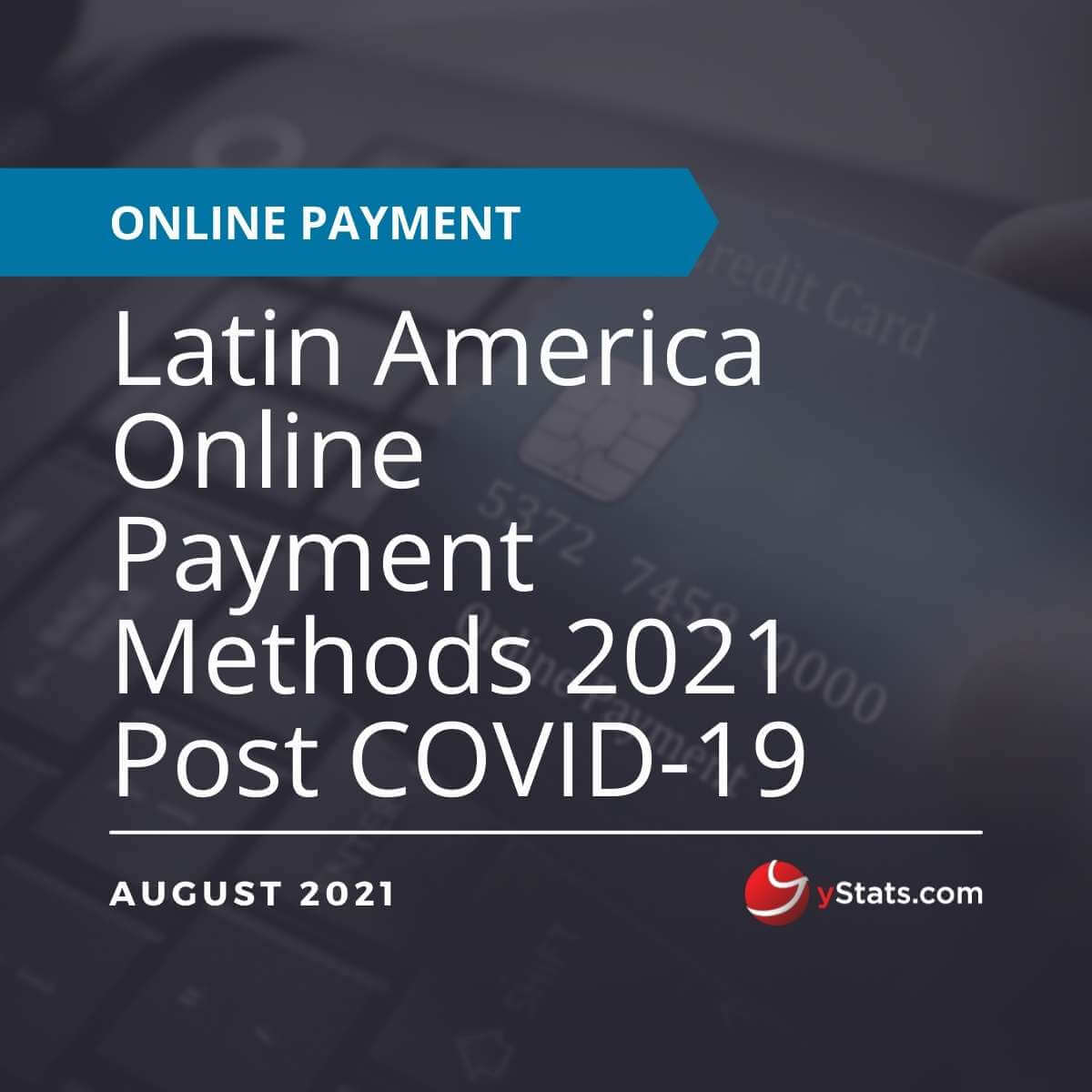Description
Countries Covered: Bahrain, Iran, Israel, Jordan, Kuwait, Lebanon, Oman, Qatar, Saudi Arabia, UAE
Pages: 100
Publication Date: 22/07/2021
Questions Covered in the report:
- What was the percentage of consumers in the select countries of the Middle East who experienced online purchases difficulties in 2020?
- What was the share of consumers in 2020 who would most likely shop online for things they used to buy in-stores pre-COVID-19?
- What are the top 10 mobile shopping apps in the Apple App Store and Google Play Store in Saudi Arabia in 2021?
- What are the top reasons for trusting contactless payments among consumers in the UAE in 2021?
- What are the online shopping methods in the percentage of E-Commerce transactions in Iran?
- What are the types of payment frauds experienced by consumers in Kuwait in 2021?
Key Findings:
The COVID-19 pandemic’s restrictions in the Middle East contributed to the online shopping adoption: new yStats.com report.
B2C E-Commerce in the Middle East
The Middle Eastern B2C E-Commerce market was developing slower than other regions of the world. At 40%, Internet penetration in the Middle East was much lower than 80-90% of the leading global regions in 2020. In the pre-COVID-19 assessment, the value of the B2C E-Commerce market in the region was expected to grow at over 20% y-o-y in 2020 from 2019. After the onset of the pandemic, the online sales volume increased and the size of the market in 2020 was expected to almost double from 2020 to 2025. Having said that, the growth rate was forecasted to decline from just over 20% in 2021 to slightly more than 13% in 2025. Over 70% of online sales in the region takes place in two nations the UAE and Saudi Arabia.
“Electronics, appliances & media” product category was projected to lead in the B2C E-Commerce market in the Middle East by 2025
With the acceleration of online shopping adoption, consumers have built their preferences in product categories to purchase online. The most popular sectors among consumers in the Middle East were “electronics, appliances & media”, “fashion & beauty”, “toys, hobby & DIY” and “digital services (food delivery, events, fitness & services)”. The B2C E-Commerce market size of these categories is projected to grow substantially over the next few years, with the “electronics, appliances & media” sector leading and projected to value over USD 11 billion in 2025. The online sales of fast-moving consumer goods witnessed a steady increase from 2015 to 2020, and surged with the COVID health crisis, doubling in value between 2019 and 2020. Additionally, the online travel sector in the Middle East is projected to undergo recovery from the pandemic induced downturn by 2023
Consumers in the region increased their digital payments usage while decreasing the use of cash.
The adoption of digital shopping in the region was quite extensive, with consumers opting for online purchasing and contactless payments more amid the pandemic in 2020. Moreover, over 50% of consumers in the region moved to digital payments in 2020 when shopping online, while only 36% chose cash on delivery as a payment method. Some consumers who used to buy products in stores decided to alter their behavior online and over 30% of them claimed they would mostly shop for those items online in the future. Furthermore, in some countries, mobile commerce grew in popularity; specifically, in UAE, the share of M-Commerce of total online shopping increased from 2015 to 2020 by 13 percentage points, and the value is predicted to grow at CAGR 19% from 2020 to 2023. Over 60% of consumers in UAE trusted digital payments for various reasons in 2020, including convenience, speed, avoiding human touch, innovative ways to pay and control.
Governments’ regulations imposed amid COVID-19 prompted E-Commerce players to partner with other businesses to introduce new features.
After the COVID-19 onset in 2020, the governments of countries in the Middle East imposed many restrictions on movement and contact, so businesses had to change their strategies in order to fulfill the needs of customers. Some major B2C E-Commerce players entered into partnerships with local merchants to facilitate consumers’ shopping experience. Amazon collaborated with 10 companies and launched its “Amazon Prime” in Saudi Arabia in 2020 to provide its customers with a number of benefits, including fast delivery. In UAE, Amazon partnered with Mastercard in October 2020 to offer a 20% cashback to its “prime” customers in the form of a gift card during the prime day when using Mastercard to pay. Other than that, banks also came up with new services, such as launching an instant payment system in Jordan to seamlessly transfer money between banks and customers.






